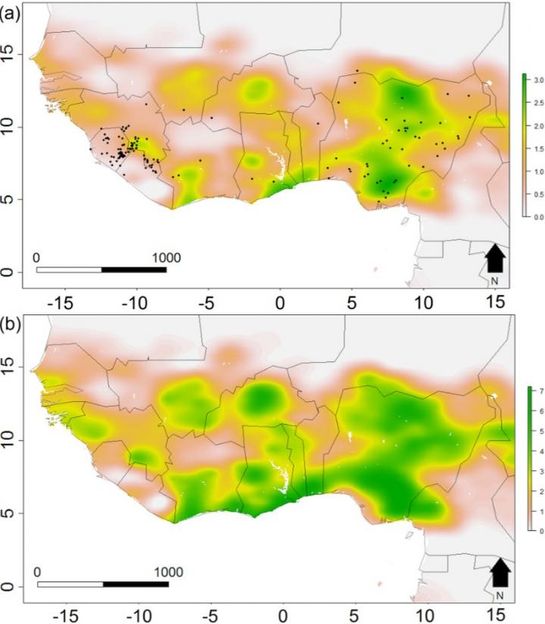New test detects drug use from a single fingerprint
Led by the University of Surrey, a team of researchers from the Netherlands Forensic Institute (NL), the National Physical Laboratory (UK), King’s College London (UK) and Sheffield Hallam University (UK), used different types of an analytical chemistry technique known as mass spectrometry to analyse the fingerprints of patients attending drug treatment services. They tested these prints against more commonly used saliva samples to determine whether the two tests correlated. While previous fingerprint tests have employed similar methods, they have only been able to show whether a person had touched cocaine, and not whether they have actually taken the drug.
“When someone has taken cocaine, they excrete traces of benzoylecgonine and methylecgonine as they metabolise the drug, and these chemical indicators are present in fingerprint residue,” said lead author Dr Melanie Bailey from the University of Surrey. “For our part of the investigations, we sprayed a beam of solvent onto the fingerprint slide (a technique known as Desorption Electrospray Ionisation, or DESI) to determine if these substances were present. DESI has been used for a number of forensic applications, but no other studies have shown it to demonstrate drug use.”
Researchers believe that the applications for this test could be far-reaching. Drug testing is used routinely by probation services, prisons, courts and other law enforcement agencies. However, traditional testing methods have limitations. For example, blood testing requires trained staff and there are privacy concerns about urine testing. Where bodily fluids are tested, there can be biological hazards and often a requirement for particular storage and disposal methods. Often these tests also require analysis off-site.
“The beauty of this method is that, not only is it non-invasive and more hygienic than testing blood or saliva, it can’t be faked,” added Dr Bailey. “By the very nature of the test, the identity of the subject is captured within the fingerprint ridge detail itself.”
It is anticipated that this technology could see the introduction of portable drug tests for law enforcement agencies to use within the next decade.
Other news from the department science
Most read news
More news from our other portals
See the theme worlds for related content
Topic World Mass Spectrometry
Mass spectrometry enables us to detect and identify molecules and reveal their structure. Whether in chemistry, biochemistry or forensics - mass spectrometry opens up unexpected insights into the composition of our world. Immerse yourself in the fascinating world of mass spectrometry!

Topic World Mass Spectrometry
Mass spectrometry enables us to detect and identify molecules and reveal their structure. Whether in chemistry, biochemistry or forensics - mass spectrometry opens up unexpected insights into the composition of our world. Immerse yourself in the fascinating world of mass spectrometry!




















































